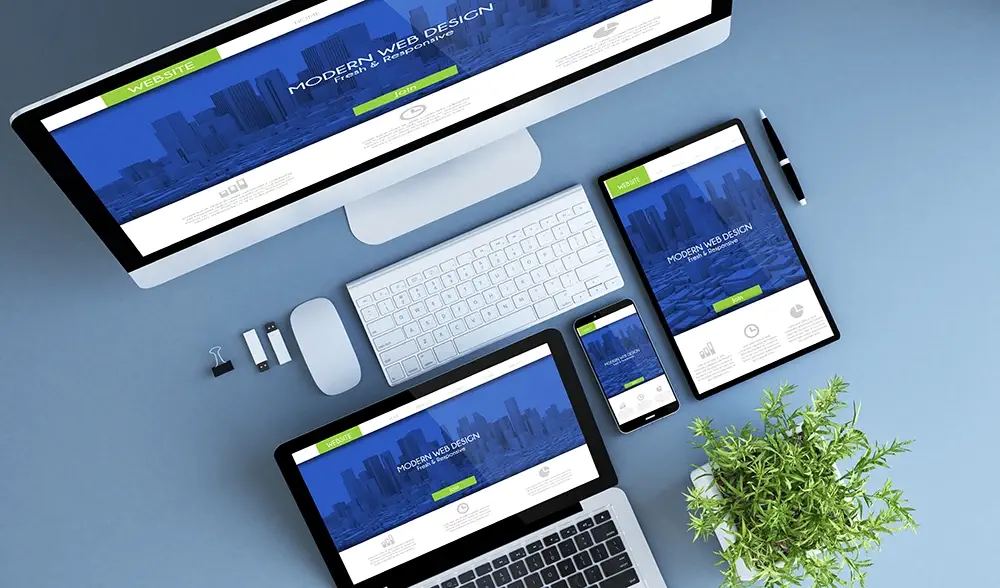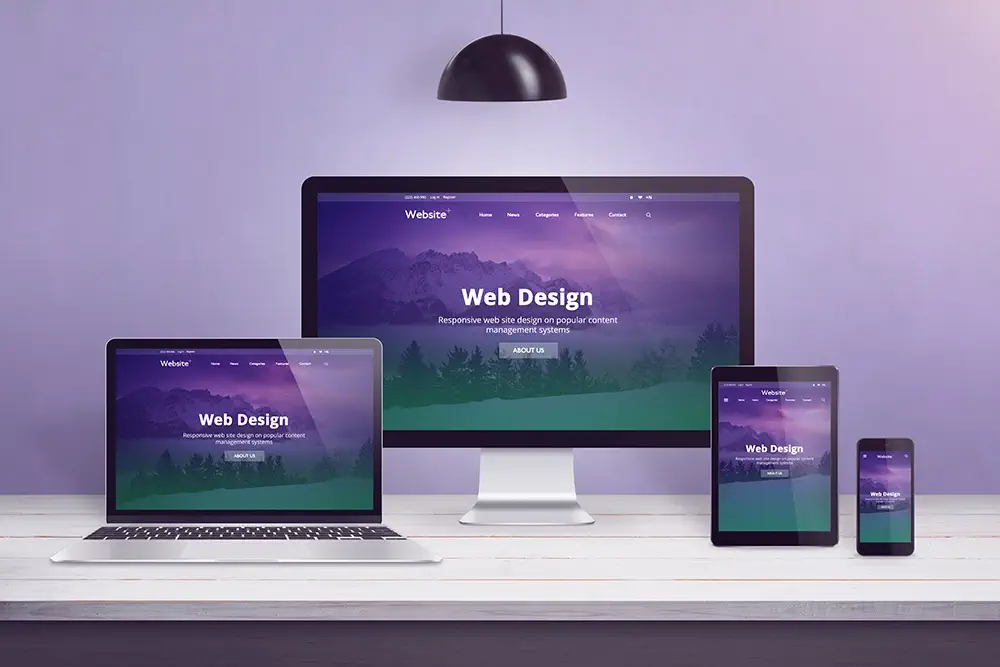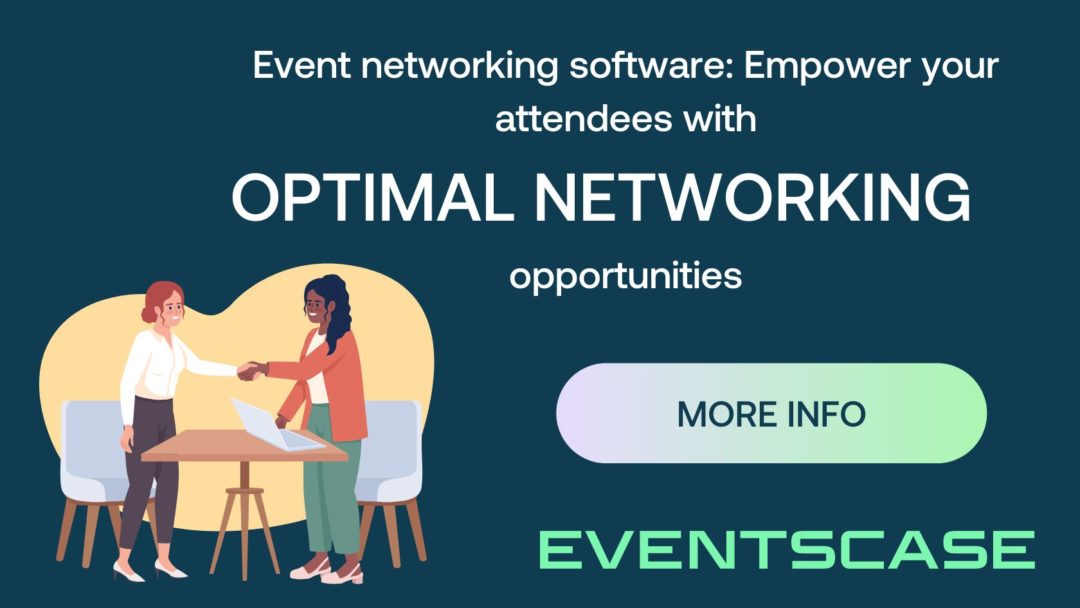In today’s digital-first world, having a dedicated event website is essential. It’s not just a page for information — it’s your marketing engine, registration point, and storytelling platform all in one. If you’re wondering how to create a website for an event that boosts attendance and engagement, it starts with thoughtful planning, great content, and a smooth user experience.
Define the Purpose and Audience
Before designing anything, take a moment to outline your goals. Do you want to drive ticket sales, promote sponsors, or simply inform potential attendees? Defining this early will shape your entire approach to how to create a website for an event that delivers results.
Equally important is knowing your audience. A corporate summit will require a sleek, professional design, while a charity gala might focus on emotional storytelling and visuals. Understanding who you’re speaking to helps you choose the right tone, imagery, and layout.
Choose the Right Platform and Tools
One of the first steps in how to start an event website is selecting the right platform. Options like WordPress, Wix, or Squarespace are user-friendly and offer event-ready templates. However, if you’re managing a large-scale conference or festival, an all-in-one event management platform such as Eventscase can simplify registration, ticketing, and engagement.
When considering how to create a website for an event, prioritise:
- Mobile responsiveness, as most users browse on their phones.
- Integration with payment systems and marketing tools.
- Easy navigation so users can find key details quickly.
- Templates that reflect your event’s theme and personality.
A well-chosen platform lays the foundation for a seamless attendee experience.

Make a Great First Impression
Your homepage is where visitors decide whether to stay or leave. When thinking about how to create a website for an event that truly converts, focus on clarity and visual appeal.
Display essential details — the event name, date, and location — prominently. Use an engaging hero image or short video clip that captures the event’s atmosphere. Include a clear call-to-action, such as “Register Now” or “Get Tickets”, above the fold.
Avoid clutter. A simple, structured menu like Home, Agenda, Speakers, Tickets, and Contact makes the site easy to navigate and encourages users to take action.
Build Trust and Excitement
When you’re learning how to create a website for an event, remember that trust drives conversions. Visitors are more likely to register if they believe in your event’s quality and professionalism.
Add high-quality photos, videos, and speaker bios. Showcase testimonials or highlights from previous editions. Mention partners, sponsors, or supporting organisations to boost credibility.
A section about your event’s story — why it started and what makes it unique — helps create an emotional connection that motivates people to attend.

Focus on Engaging Content
A strong content strategy is essential when working out how to create a website for an event that keeps visitors engaged. Include a blog or news section where you can post updates, interviews, or behind-the-scenes stories. This not only provides valuable information but also improves SEO performance.
Interactive elements such as countdown timers, polls, or social media feeds help build anticipation. Make sure all text is readable, images are optimised, and accessibility features like alt text are in place.
Remember, your content should both inform and inspire — people should feel that attending your event is a must, not a maybe.
You may be interested in 👉 https://eventscase.com/blog/on-demand-content-how-to-stay-relevant
Simplify Registration and Payments
Complicated registration processes can discourage even the most interested visitors. If you want to know how to create a website for an event that converts clicks into registrations, keep things simple.
Your registration form should be short and mobile-friendly. Display ticket options clearly, highlight what each includes, and guide users smoothly to payment. Always send an instant confirmation email that reassures attendees their registration is complete.
Little touches like progress indicators and clear pricing details make the experience faster and more pleasant.

Promote the Event Through Your Website
Your website should be the central hub of your promotional strategy. Learning how to create a website for an event also means understanding how to drive traffic to it.
Optimise your pages for search engines by naturally using keywords such as how to start event website and create event website. Link your social media profiles, encourage visitors to share pages, and include a sign-up form for newsletters or updates.
To promote your event through your website, use analytics tools to track user behaviour and refine your strategy over time. This ensures that your promotional efforts bring measurable results.
Keep Visitors Engaged Before and After the Event
Your site shouldn’t go quiet once tickets are sold. To keep engagement high, post teaser videos, run competitions, or host Q&A sessions before the event. Afterward, upload highlights, photos, and feedback forms to maintain interaction.
When you know how to create a website for an event that supports both pre-event buzz and post-event follow-up, you build a loyal community that will return year after year.
Conclusion
Understanding how to create a website for an event goes beyond aesthetics — it’s about crafting an experience that informs, excites, and converts. From clear messaging and compelling visuals to seamless registration and ongoing engagement, every element plays a role in your event’s success.
A well-executed website doesn’t just attract attendees; it builds long-term connections. By investing the time and care to make your site informative, appealing, and interactive, you’ll ensure your event reaches its full potential.
If you would like to subscribe to our newsletter to get live updates on everything related to our platform – news, blogs, events, announcements and much more, please, register here.






